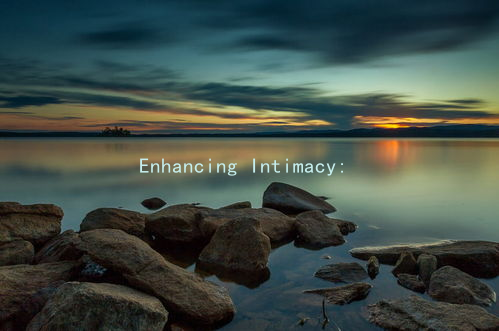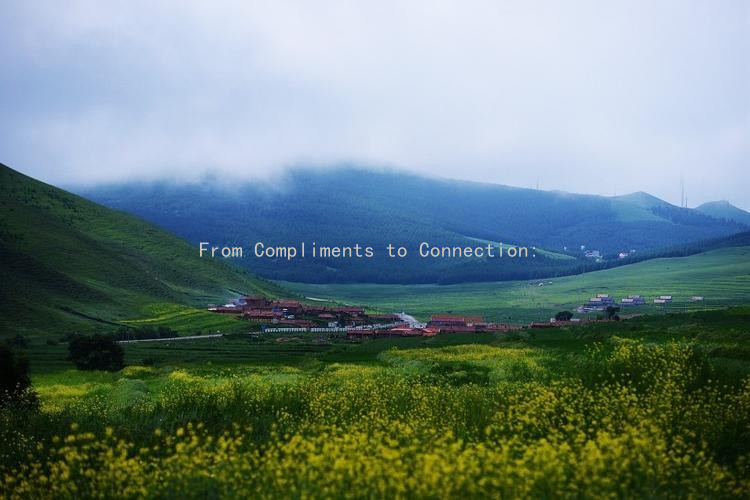Erotic Enlightenment: Philosophical Approaches to Better Communication in Love
Erotic Enlightenment: Philosophical Approaches to Better Communication in Love
In the realm of romantic relationships, effective communication remains a cornerstone of intimacy and connection. In an age where digital interactions often overshadow face-to-face conversations, the art of dialogue in love has never been more crucial. This essay delves into various philosophical frameworks that can enhance interpersonal communication in romantic contexts, weaving together ideas from existentialism, stoicism, and pragmatism to foster deeper understanding and connection.
The existentialist perspective emphasizes authenticity in relationships. For philosophers like Jean-Paul Sartre, the essence of human existence is defined by individual choice and freedom. In the context of romantic communication, this encourages partners to embrace vulnerability. By sharing personal truths—fears, desires, and aspirations—individuals create a space where genuine connection can flourish. To practice this, one might start a conversation with an authentic question or declaration. For example, instead of asking “What do you want for dinner?” one could say, “I’ve been craving connection and would love to hear what’s been on your mind these days.” This shift promotes deeper engagement and validation of each partner’s experiences.
Stoicism offers another valuable perspective, particularly in cultivating emotional resilience during conflicts. Stoic philosophers, such as Marcus Aurelius, taught that while we cannot control external events, we can control our reactions. When navigating disagreements, practicing a stoic approach means prioritizing calmness and rationality over emotional reactivity. This can be embodied in communication by using I statements, such as “I feel hurt when…” rather than assigning blame. This rephrasing alleviates defensiveness and allows for a constructive dialogue focused on feelings rather than accusations. By adopting this approach, couples can transform potential conflicts into opportunities for growth and understanding.

Pragmatism, which emphasizes practical consequences and real-world applications, can also enhance communication in romantic relationships. The pragmatic philosopher William James stressed the importance of adaptability and open-mindedness. In love, this translates to actively listening and being willing to adjust one’s perspective. Engaging in reflective listening—where one mirrors back what the other person has said—can facilitate this. For instance, responding with, “What I hear you saying is that you feel overwhelmed with work and need support,” not only demonstrates understanding but also encourages the speaker to feel genuinely heard. This technique fosters a collaborative atmosphere where both partners can work together to find solutions and strengthen their bond.
To elevate these philosophical approaches, incorporating humor and playfulness in communication can lighten conversations. Relationships often benefit from moments of levity, which can be strategically employed even in serious discussions. A well-placed joke or playful banter can dissolve tension and reinstate a sense of camaraderie, reminding partners that love is not solely about serious conversations but also about joyful exchanges.
Lastly, continual self-reflection and improvement are vital. Philosophers advocate for a lifelong journey of learning. Couples should periodically evaluate their communication habits, identifying what works and what requires adjustment. This meta-communication, or talking about how one communicates, enables partners to align more closely in their relational goals.
In conclusion, the philosophical frameworks of existentialism, stoicism, and pragmatism provide valuable insights for enhancing communication in love. By fostering authenticity, emotional resilience, adaptability, and light-heartedness, couples can cultivate a deeper connection. Ultimately, effective communication is not a destination but a journey—one that requires commitment, practice, and a willingness to engage fully with both oneself and one’s partner in the intricate dance of love.





